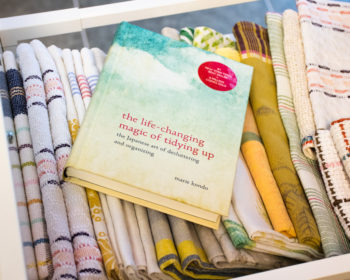The ISC/SCI has set the program for the 2019 conference taking place in Ottawa on May 24 and 25.
In keeping with the conference theme, Beyond the Page—New Platforms, New Realities, the program offers a variety of topics that are timely and informative for new and experienced indexers alike.
Sessions on indexing practices include working with scholarly texts (Enid Zafran), biography and memoirs (Kendra Millis), structuring indexes (Fred Liese), and editing indexes “from the get-go” (Anne Fifer). Kate Mertes will talk about a growing and profitable market that you’ve probably never heard: of the indexing of locora.
Special sessions taking us “beyond the page” include
- solutions toward decolonizing access and classification presented by a panel from the Indigenous Matters Committee of the Canadian Federation of Library Associations (they raised this issue in response to the Truth and Reconciliation Committee report)
- a step into the world of parliamentary information—an underpinning of informed democratic engagement—with Martine Rocheleau and the House of Commons indexers on intelligence-based search
- a discussion of ethics presented by Christine Jacobs and a panel of indexers and editors
- business practices by Pierre Joyal
- techniques that will change the way you work—physically and mentally—to restore energy and reduce stress, in a mini-workshop given by Ruth Paulauskas, founder of BreathWoRx
Following the conference on May 26 is a full-day workshop “Names: The Challenge of Indexing” by Enid Zafran.
Conference packages are available for Friday-only, Saturday-only, or both days. Full-time students receive a special reduced rate. As a reminder, we have discounted rates for accommodations.
Early Bird pricing is on now until April 15. Visit the conference page for the full conference agenda and links to the registration form.

 Marie Kondo, the author of The Life Changing Magic of Tidying Up, teaches a method to help us deal with the material items in our lives. In her Netflix series, “Tidying Up with Marie Kondo”, she helps desperate unhappy people who are wallowing in clutter by showing them how to get their houses in order once and for all. Her method includes techniques, such as folding laundry, as well as approaches toward material things, like thanking an item for its service before you discard it. To decide what to keep and what to let go, you ask yourself “Does this spark joy?”
Marie Kondo, the author of The Life Changing Magic of Tidying Up, teaches a method to help us deal with the material items in our lives. In her Netflix series, “Tidying Up with Marie Kondo”, she helps desperate unhappy people who are wallowing in clutter by showing them how to get their houses in order once and for all. Her method includes techniques, such as folding laundry, as well as approaches toward material things, like thanking an item for its service before you discard it. To decide what to keep and what to let go, you ask yourself “Does this spark joy?” Indexing names sounds so easy. But names indexing is so much broader than just people—it really encompasses all proper nouns and titles and places—and it requires lots of decision-making and judgment calls on the part of the indexer. No matter what subject area you specialize in, you encounter these name-related issues.
Indexing names sounds so easy. But names indexing is so much broader than just people—it really encompasses all proper nouns and titles and places—and it requires lots of decision-making and judgment calls on the part of the indexer. No matter what subject area you specialize in, you encounter these name-related issues.